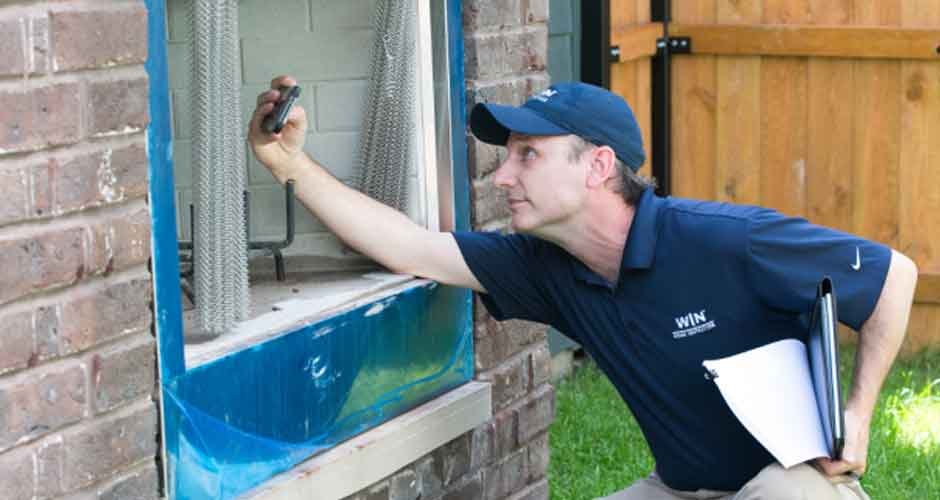The home inspection profession plays a crucial role in the real estate industry, providing clients with critical information on the condition of properties before transactions are finalized. Beyond the technical knowledge and thoroughness required for this task, home inspectors must also navigate the complex terrain of ethical considerations and industry standards. Adhering to these principles not only safeguards the inspector’s integrity but also enhances their career prospects through the establishment of trust and credibility. This article delves into the significance of ethics and standards in home inspection and how they serve as the foundation for professional growth and success.
Overview of Home Inspection Profession
Home inspection is a comprehensive evaluation of the physical structure and systems of a property, from the roof to the foundation. Home inspectors are tasked with identifying potential problems that could affect a property’s value or pose safety risks. This evaluation covers various components, including the home’s heating and cooling systems, electrical work, plumbing, as well as the condition of windows, doors, and insulation. The objective is to provide clients with an impartial, factual report that aids them in making informed decisions regarding property transactions. In the US, home inspectors typically earn between $68,945 and $90,441 on average.
Understanding Home Inspection Ethics
Ethics in home inspection encompass the moral principles that guide inspectors in their professional conduct. These ethics are pivotal for maintaining trust among clients, real estate professionals, and the public. Home inspectors frequently encounter ethical dilemmas, such as discovering non-disclosure of significant defects by sellers or being pressured by real estate agents to overlook minor issues. Navigating these challenges with integrity is essential for the long-term success of a home inspector’s career.
Key Ethical Principles
- Integrity: Home inspectors must perform their duties honestly, providing unbiased reports based on their findings, irrespective of any external pressures or personal gain.
- Confidentiality: Inspectors are privy to sensitive information about properties and their owners. Respecting this confidentiality and safeguarding client information is paramount.
- Professionalism: The behavior of home inspectors, both on and off the job, reflects on the profession as a whole. Maintaining a high standard of conduct ensures the respect and trust of clients and peers.
- Impartiality: Inspectors must approach each inspection without prejudice, ensuring their findings are solely based on the condition of the property and not influenced by any external factors.
Standards of Practice in Home Inspection
Standards of practice provide a framework for the consistent performance of home inspections. These standards, established by professional organizations like the American Society of Home Inspectors (ASHI) and the International Association of Certified Home Inspectors (InterNACHI), outline the minimum requirements for a proper inspection. They cover aspects such as the inspector’s duties to the client, the scope of the inspection, what should be included in the report, and guidelines for conducting the inspection itself.
Compliance and Legal Requirements
Compliance with local, state, and federal laws is non-negotiable for home inspectors. Standards of practice also play a crucial role in legal risk mitigation, offering protection to both the inspector and the client should disputes arise. Understanding and adhering to these standards ensures inspectors not only conduct their duties within legal boundaries but also uphold the profession’s integrity.
Navigating Ethical Challenges
Ethical challenges in home inspection, such as conflicts of interest or the discovery of critical defects requiring immediate attention, demand careful navigation. Strategies for addressing these challenges include clear communication with clients about the inspector’s role and limitations, maintaining independence from real estate agents or other interested parties, and adhering strictly to ethical principles and standards of practice.
Professional Development through Ethics and Standards
A deep understanding and application of ethical principles and standards can significantly impact an inspector’s career advancement. Demonstrating a commitment to ethics and continuous education in the field not only enhances an inspector’s reputation but also opens doors to new opportunities and professional growth. Continuous learning ensures that inspectors remain updated on the latest best practices, technological advances, and regulatory changes, further solidifying their expertise and professionalism.
Conclusion
Ethics and standards are the backbone of the home inspection profession. They not only guide inspectors in conducting their duties responsibly and impartially but also play a pivotal role in career advancement. By committing to high ethical standards and continuous professional development, home inspectors can build a reputable and successful career while making a significant contribution to the real estate industry.



